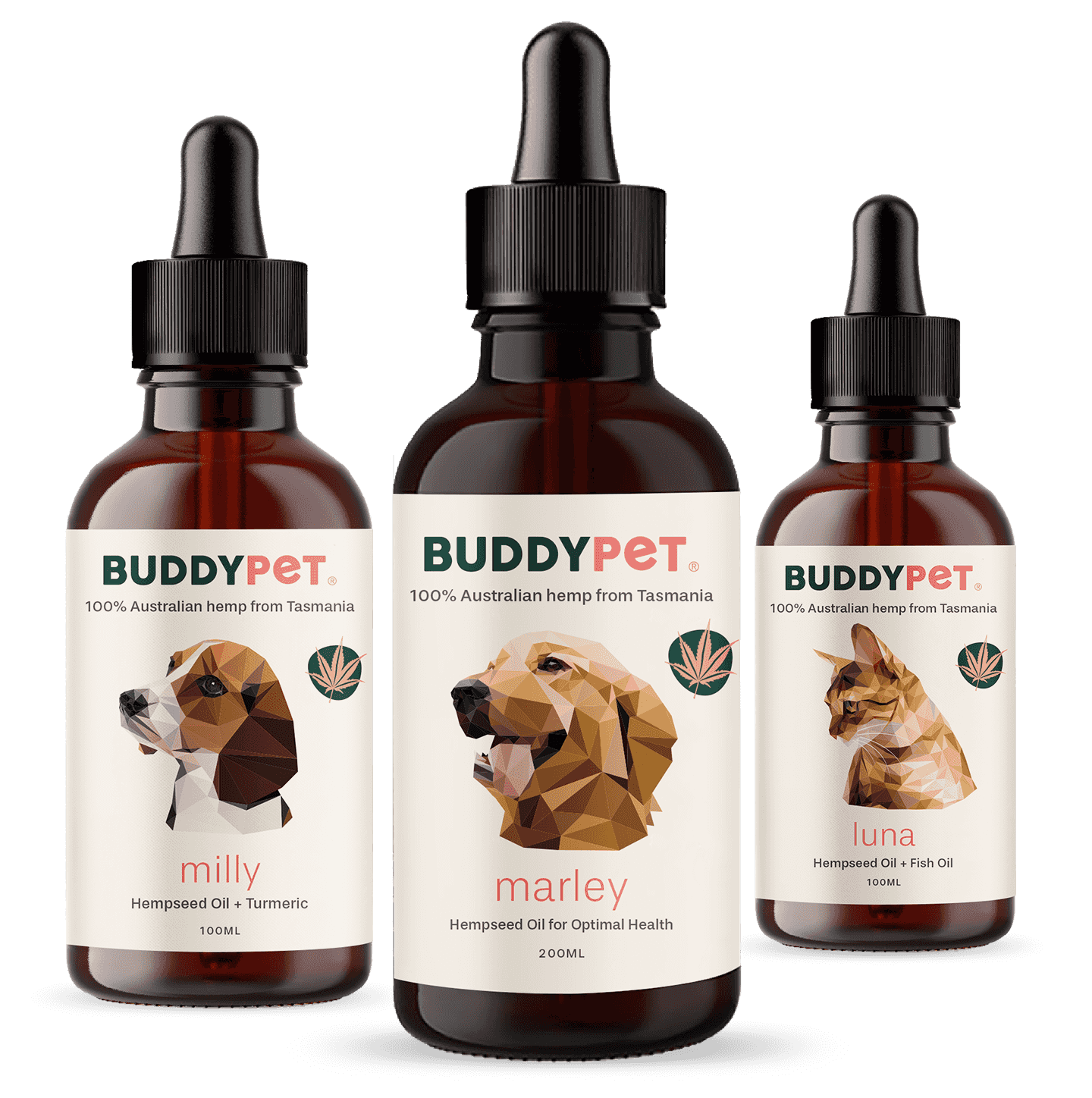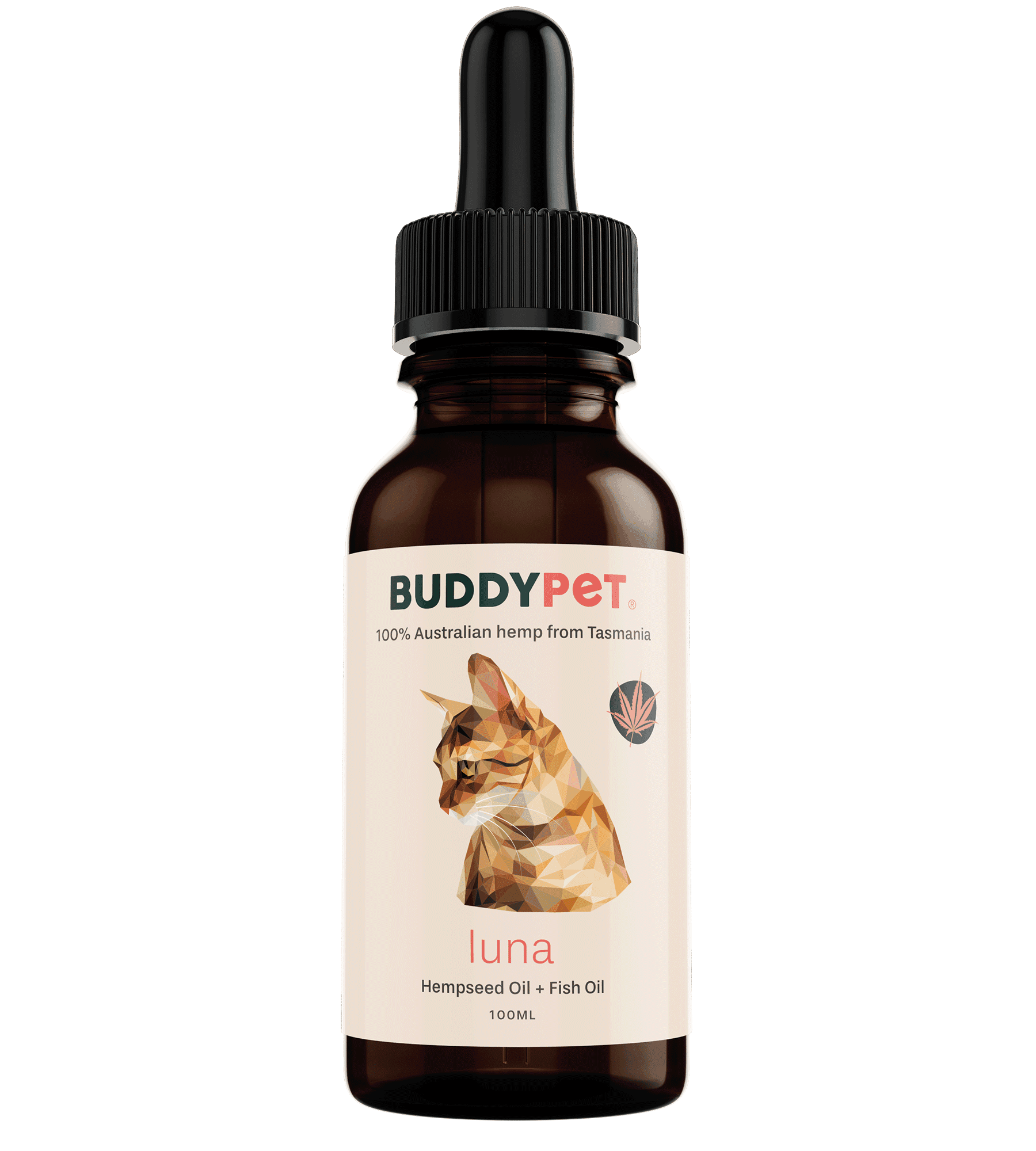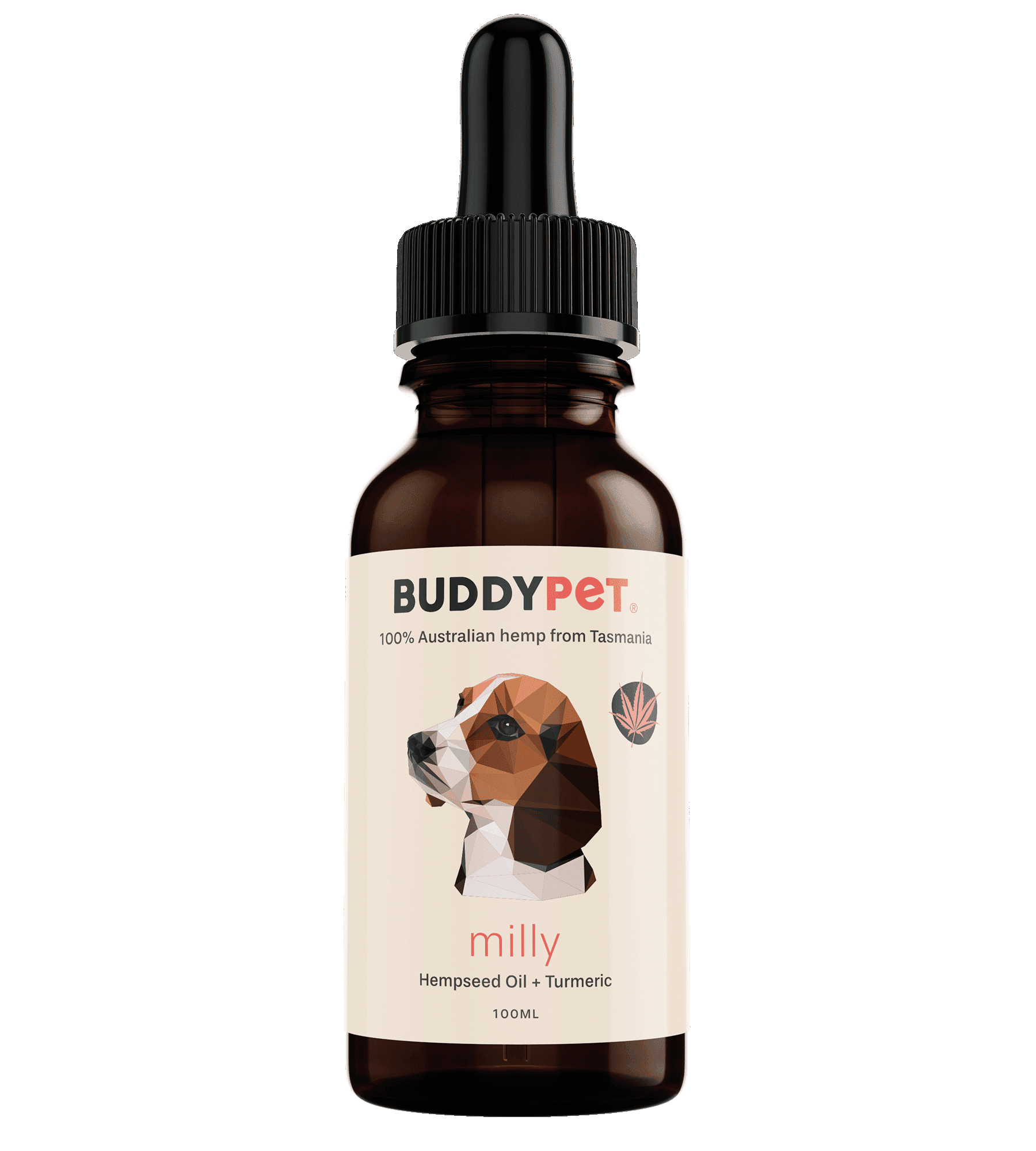Many people consider aging an unfortunate reality of life for nearly every living thing. During this phase of life, the individual may find their health, abilities, and behaviour change, which can be scary and challenging to accept. The idea of aging may remind you of your experiences with a parent, friend, or even yourself, but have you considered the aging of your beloved pets?
As your furry friend ages, they may develop health conditions requiring monitoring and daily treatment, need help getting around, and begin exhibiting unusual behaviours. These things can make caring for your senior pet a bit daunting, especially if this is your first senior pet. Understanding the aging process and factors which accelerate it can help you keep your buddy happy and healthy for as long as possible - so keep reading!
Chronic Inflammation
Although most don’t consider inflammation a medical crisis, it has an enormous impact, especially low-grade chronic inflammation. Such inflammation is often caused by oxidative stress resulting from poor nutrition, lack of exercise, infections, medications and preventative drugs, and environmental toxins.
Oxidative stress is characterised by a build-up of free radicals in the body, damaging cells, proteins, and DNA, leading to premature aging and conditions like arthritis, cancer, kidney failure, cardiac disease, and autoimmune disease. Avoiding things that cause oxidative stress and neutralising the free radicals in your pet’s body are critical factors in your pet’s health.
The Heath of Your Pet
Your pet's health will be the most significant influence in their daily life during their senior years. Good health will allow your pet to continue doing things they enjoy and have a better quality of life.
As your pet transitions into their senior years, body parts such as their bones, joints, and muscles will begin to deteriorate. This decline can lead to painful conditions such as arthritis and increase their risk of severe injuries. Extra large breeds, high-energy animals, and overweight pets are typically more strongly affected due to the strain on their bodies.
Another part of your pet’s aging is changes in their dietary needs and the function of their gastrointestinal system. Commercially produced senior pet diets are often formulated to be easily digested and feature anti-aging ingredients, but every pet is unique in their requirements as they age.
Proper treatment or management of any diseases or illnesses your senior pet has is crucial to maintaining good health. Older animals have weakened immune systems, so parasites, infections, and injuries affect them more intensely and for longer. Additionally, untreated illnesses tend to worsen over time, cause subsequent conditions, and even become fatal.
Your Pet’s Abilities
As our pets age, they may lose the ability to do some of the things they previously enjoyed. While growing older, the cardiovascular and central nervous systems are significant to your pet’s capabilities. Failure of either system can be devastating not only to your pet’s independence but also to its overall health.
Cardiac health influences your pet’s daily physical capabilities and their likelihood of developing secondary conditions that can further hinder them. Additionally, as your pet loses bone density, muscle tone, and general functionality, they may struggle to walk, jump, climb, play, or move around like they used to.
Similarly, the central nervous system acts as a processing centre for the body, controlling functions like movement, awareness, thinking, and processing of the five senses. The brain’s prefrontal cortex and hippocampus tend to shrink with age, affecting complex cognitive behaviour and long-term memory.
Changes in Your Pet’s Behavior
In addition to psychological changes, your pet’s physical behaviour can change in response to their new-found limitations. Seniors have a reputation for being temperamental and accustomed to the routines, patterns, and people of their lives. For these reasons, gradual or sudden lifestyle changes can upset your furry friend.
Your pet may face a bitter reality as they avoid the stairs, move slower, and struggle to keep up with the pace of everyday life. No longer being capable of completing tasks that your pet once performed effortlessly is frustrating for them. These issues can lead to various forms of anxiety and even depression, especially in pets that spend a significant amount of time alone.
As years with your best friend go by, you may also notice your pet’s daily behaviours gradually changing to reflect their aging body and mind. Where they used to enjoy long walks, long-distance running, and hours of playtime, they now prefer more leisurely walks, short bursts of running, less playtime, and more sleep.
Promoting Longevity and Good Quality of Life
Although there is no way to prevent or stop aging, good practices can promote a better quality of life. These habits are as popular for our senior pets as they are for our senior family members and are equally beneficial.
Nutrition
Even if your aging pet may beg for your food, it is more important than ever to provide them with a healthy and balanced diet. A diet with either too few or too many calories can lead to health conditions that lower your pet’s quality of life and shorten their lifespan. Ensuring your pet receives a balanced, age-appropriate diet will improve their general health, boost their immune system, and keep them feeling good.
Adding supplements to your senior pet’s diet is a great way to boost their nutrient intake and benefit from various medicinal properties. Hemp seed oil has grown to be a popular supplement as it contains an anti-inflammatory omega-6 fatty acid called gamma-linolenic acid (GLA). This fatty acid reduces inflammation, supports healthy skin and coat, regulates hormonal balance, and works in conjunction with other fatty acids in the body.
Additionally, the hemp seed oil is a superfood, containing essential amino acids, antioxidants, B vitamins, phospholipids, and several essential minerals. These nutrients and their anti-inflammatory properties make hemp seed oil an excellent supplement for pets of all ages.
For more information on the role of hemp seed oil in your pet's home care, please read Hemp Seed Oil Benefits.
You might also find helpful our list of Top 10 Superfoods for Pets.
Daily Exercise
Just like the senior citizens of our species, elderly pets can benefit immensely from some daily exercise. A gentle walk around the neighbourhood, a game of fetch in the background, and even stretching their legs around the house can help prevent muscle atrophy, relieve stiffness, reduce inflammation, and promote good cardiac health.
Treatment of Health Conditions
Although proper management of your pet’s health conditions should be prioritised through every life stage, treating senior animals is much more crucial to their general well-being. Even relatively minor health concerns, such as a sprain, virus, or parasite infestation, can be devastating to the health and independence of your pet.
Stability
In a life stage characterised by change, many seniors seek comfort in the things that stay the same. Spending time with their favourite people, doing activities they enjoy, and maintaining a somewhat structured routine can help prevent your pet from feeling anxious or overwhelmed. If your pet is already timid or sensitive to significant changes, avoid unnecessary stressors such as moving, forced interactions with other animals or children, and significant routine changes.
For a closer look at senior cat care, please read How to Care for Senior Cats.




